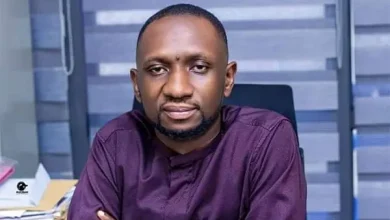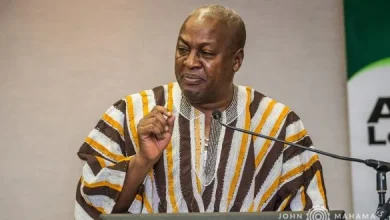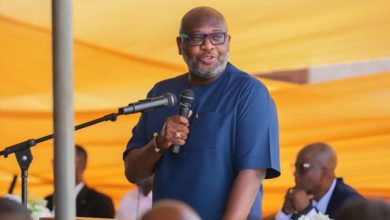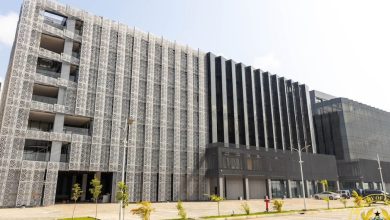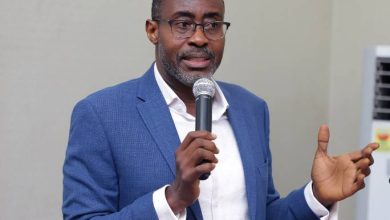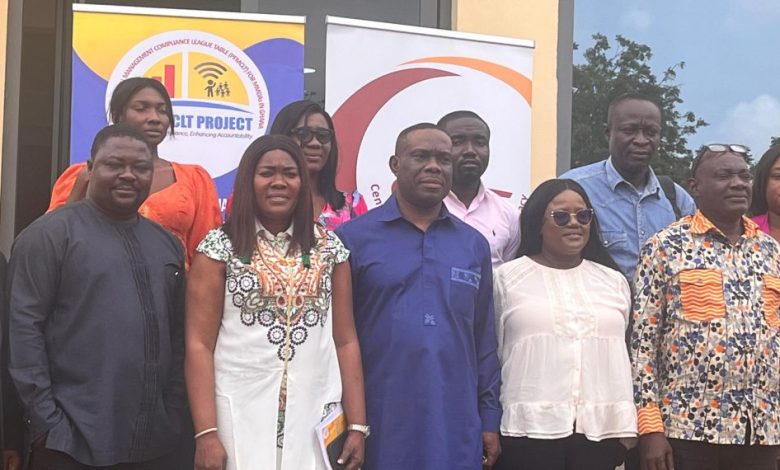
United Nations Audit Advisor, Dr. Eric Oduro Osae, has stressed the need for citizens to be better informed about the activities of Metropolitan, Municipal and District Assemblies (MMDAs) in order to demand accountability from their leaders.
The Centre for Local Governance (CLGA), in its 2024 Public Financial Management Compliance League Table (PFMCLT), revealed that the poor performance of several Assemblies was largely due to financial mismanagement.
The report assessed 258 out of 261 MMDAs across Ghana’s 16 regions, representing 99% of Assemblies. Findings showed that only 12 MMDAs (10 Municipal Assemblies and 2 District Assemblies) met or exceeded the 50% benchmark. The national average score for 2024 stood at 33%, an improvement from 22% in 2023, but still significantly below the target.
Speaking at a media engagement in Accra on Wednesday August 27, Dr. Oduro Osae noted that although government continues to channel more funds into the sector, citizens must actively hold duty bearers accountable.
“We should know where to hold who is responsible and educate citizens to understand this level of governance. Too often, we worry the President with every little issue. If we are able to change the status quo and stick to the decentralized system at the local level, we’ll see a lot of change.”
He further urged government to pass the Internal Audit Service Act, stressing that the law would make auditors independent of their Chief Executives, thereby strengthening accountability and curbing corruption.
He cited the ongoing Public Accounts Committee (PAC) sittings on the 2024 Auditor-General’s report as evidence of persistent irregularities in the public sector.
“I want it passed so that we’ll improve accountability and fight corruption using preventive measures. Currently, our fight against corruption is weak because we only react after the Auditor-General’s report, when the money has already been stolen and those responsible are retired or gone. This makes retrieval very difficult.”
Meanwhile, Professor Goski Alabi, a lecturer at the University of Professional Studies, Accra (UPSA), weighed in on the debate over whether MMDCEs and assembly members should be elected.
While some governance experts oppose the idea, fearing that partisan politics could infiltrate local governance, Prof. Alabi stressed that the priority should be establishing strong accountability systems.
“We need to carefully consider these factors and ensure that the ‘moneycracy’ we see at higher levels of government does not trickle down to the local level. If that happens, it will be very difficult to reverse.”



